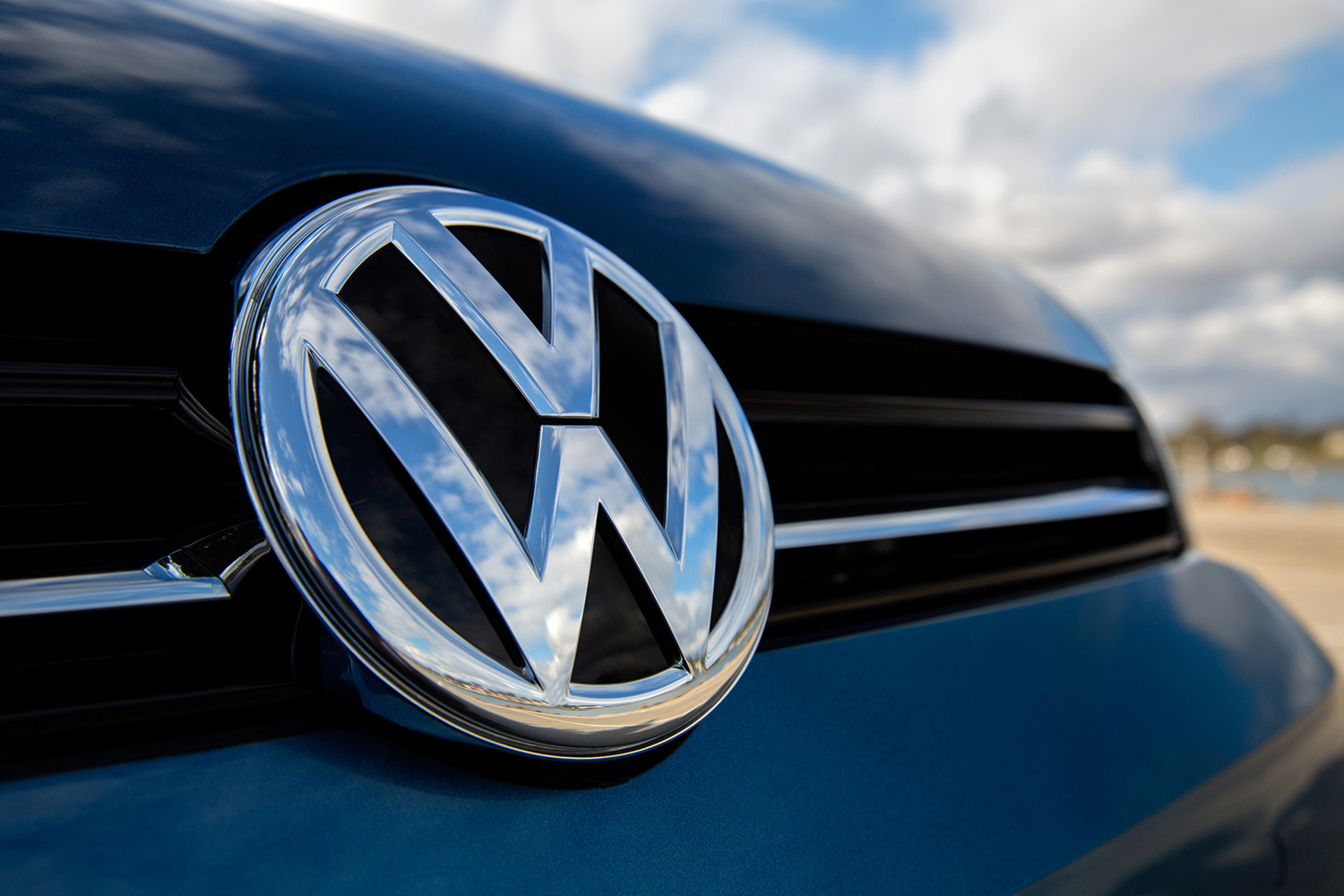Why Volkswagen is crying and begging in China

The only Western car brand capable of keeping up in China is Tesla. Here's what's happening to Volkswagen (and not only). The Le Monde article
These are tough times for foreign car brands in China – we read in Le Monde . Having long dominated the world's largest automotive market, their influence has shrunk inexorably over the past five years. In the first half of the year, Chinese brands were in the majority, having gained seven points in the space of a year. This decline is directly linked to the rapid rise of electric models, which today represent 22.7% of total registrations (compared to 15% in Europe) and have allowed local manufacturers to widen the gap with European, Japanese and American rivals.
Apart from Tesla, which will be overtaken in early 2023 by the ambitious BYD of Shenzhen (southeast China), but which seems to be the only Western brand capable of keeping pace, foreign competitors suffer from the narrowness of their range and their delay in designing electric vehicles. The harsh price war launched by Tesla in the spring also contributed to their marginalization.
In an attempt to get back into the game, some large Western groups have decided to get closer to their Chinese competitors and to negotiate partnerships on terms that have nothing in common with those concluded in the early 2000s. The balance of power has shifted: now they are the foreign producers to try to benefit from technology transfers, and will have to pay a high price.
A race for cooperation agreements
Volkswagen, which has just lost its historic number one position in sales and accounts for only 2.4% of electric car registrations (compared to 3.5% the previous year), has launched a rush for cooperation agreements. The German group, which sells 40% of all its production in China, believes it has no time to waste. In July it announced a $700 million (€643 million) investment in the XPeng brand, in which it acquired almost 5% stake.
Volkswagen will be able to use a sophisticated IT platform equipped with an extremely powerful supercomputer developed by its partner. This should allow it to design two vehicles specifically for Chinese drivers, who are very attentive to connected services and automated driving functions. The first of these vehicles could be marketed starting from 2026.
While its subsidiary Audi has joined forces with SAIC Motor for the same reasons, the Volkswagen Group is in talks with Leapmotor to make progress in the field of software architecture. It has also signed a contract with artificial intelligence specialist Horizon Robotics to accelerate research into autonomous cars. Wolfsburg explains that these ties were made to “expand the product range” and “gain speed in the Chinese market”.
“Highly innovative architecture”
For its part, Ford is about to create a new joint venture specializing in electric cars with its partner Chongqing Changan. According to Bloomberg , Stellantis is also in talks with Leapmotor. Currently, the American-European group produces only 100,000 vehicles a year in China (compared to more than 750,000 in the mid-2010s), through the DPCA joint venture established thirty years ago between PSA and Dongfeng.
However, PSA does not intend to give up its significant presence in a market that is expected to register 24 million registrations by 2023, but where the price of cars is set to rise. According to AlixPartners, local manufacturers alone are expected to account for 65% of all new car registrations, ten percentage points more than today.
Once derided for its propensity to copy Western models, the Chinese car is now a benchmark that can no longer be ignored. Jamel Taganza, partner of Inovev, is not surprised by this change, which confirms the leadership of Chinese brands in the field of electric cars, already well positioned in terms of production costs and mastery of battery technology. “After taking inspiration from the West, these manufacturers have entered a phase of developing their own models. They have designed highly innovative architectures that have already paid for themselves at least in part, given the size of their national market,” he believes.
The danger, in his opinion, is that a dependency will be established and that foreign companies will get used to not developing their own platforms, even for models intended for Europe or the United States. “If they no longer master this industry, non-Chinese manufacturers will put themselves at risk. In the long term, the risk is that they condemn themselves to being just assemblers,” insists Taganza.
(Extract from the eprcommunication press review)
This is a machine translation from Italian language of a post published on Start Magazine at the URL https://www.startmag.it/smartcity/volkswagen-partnership-auto-cina/ on Sun, 10 Sep 2023 05:06:11 +0000.
